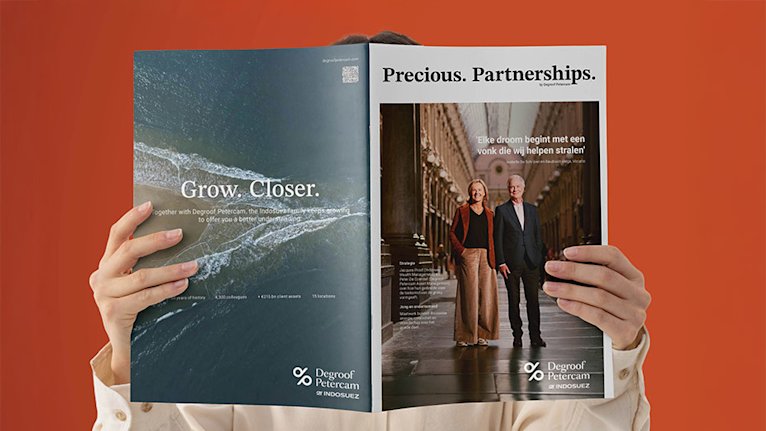14.10.20192 min
Golden rules when you start investing
Whether you start to invest with €100 per month or €100.000 a year, to get your return on investment, manage risk and minimize loss, these golden rules matter.
#1: Diversification for balance
Please, never, ever depend on one investment option. Spread your money between different kinds of assets and across different geographic regions. Make sure your portfolio is a diversified mix of stocks, cash, bonds and other investments. With a healthy balanced, diversified investment portfolio you don't depend too heavily on one kind of investment or region. And if an investment performs poorly, other assets might make up for losses (though there are no guarantees).
#2: Your circle of competence is key
Focus on what you really understand. That is key. Be a very rational investor. Pick companies that you are familiar with and invest in an area that you know. Do you have a good understanding of vegan companies and don't know anything about telecommunication, then stay out of the telecom industry. Focus on your circle of competence. You can't understand every business and sector thoroughly. When you invest a part of your capital, please also know your boundaries.
#3: Spread out investments over time
An ideal way to start investing, is periodic investing: You make small payments over a period of time. For example, €100 per month during 15 years. By spreading out your investments over time, you smoothen market fluctuations over time. When stock prices fall, you can buy more shares with the same amount of money. Periodic investing even gives you a higher return than a savings account, nowadays…considering inflation is higher than the interest rate on your saving account, and the value of your money is falling over time...
#4: The magic of compounding
Finally, there's compound interest. The so-called 8th wonder of the world. This type of interest is calculated on the principal amount as well as on the accumulated interest of previous periods. It's also regarded as “interest on interest". This is a potent factor in wealth creation.






